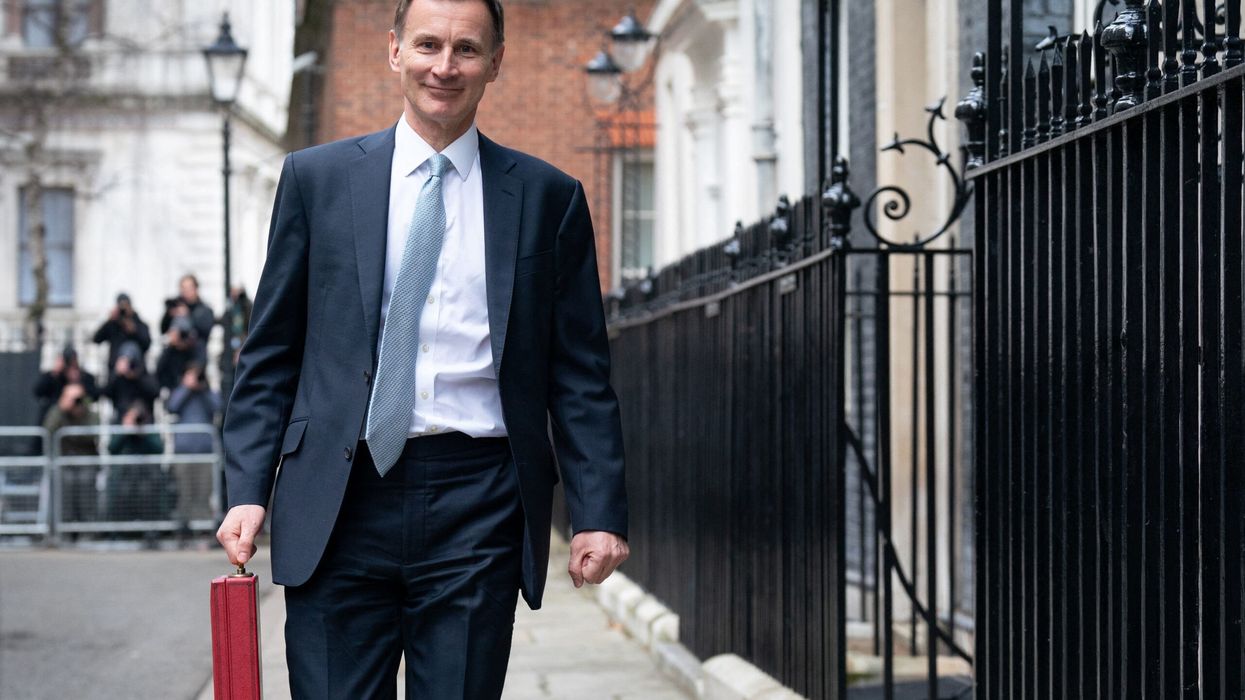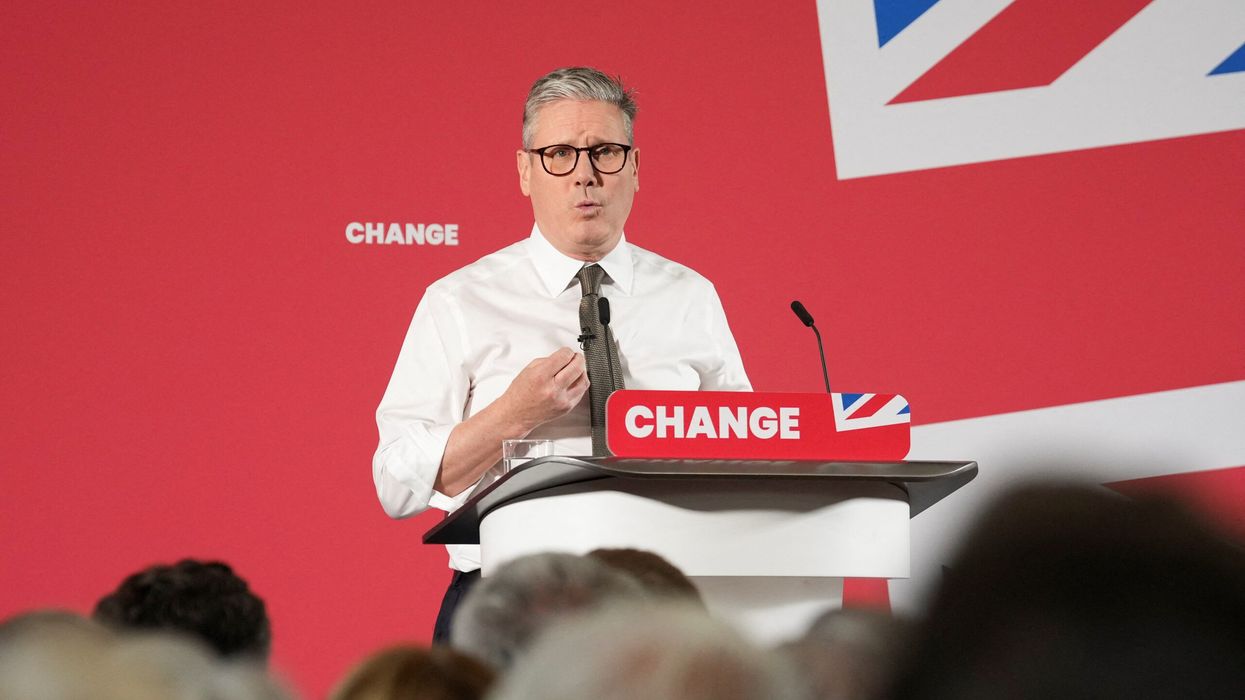British finance minister Jeremy Hunt's new tax cuts have given his struggling Conservatives slim hope of narrowing the wide gap with the opposition Labour Party before an election expected later this year, but the scale of the challenge remains huge.
Hunt announced a two percentage-point cut in the rate of social security contributions as the centrepiece of an annual budget plan on Wednesday that many Conservative lawmakers saw as key to their hopes of a turnaround before the election.
The move, when combined with a similar giveaway by Hunt in November, will put an average of £900 a year back in the pockets of workers although Britain's overall tax burden remains on course to hit its highest since World War Two.
"It's not the silver bullet that is going to rescue the Tory party's fortunes but it is a strong salvo that opens the long campaign to the next general election," George Osborne, a former Conservative finance minister, said in a podcast.
Some Conservatives said they were disappointed that Hunt had not cut taxes more deeply, including a reduction in income tax.
"The Chancellor understands the importance of reducing tax to encourage growth. He has taken some steps toward that goal, but will need to be bolder at the Autumn Statement which he will certainly be delivering," one lawmaker said, referring to a possible final fiscal event before the election.
Labour reacted angrily to way Hunt took some of their policy ideas and left whoever wins the election - due by the end of January 2025 but expected later in 2024 - a poisoned chalice of strained public services and slow economic growth.
Hunt and Prime Minister Rishi Sunak have sought to make tax a dividing line between them and Labour, despite ramping up the tax take to stabilise the public finances after COVID, the surge in energy prices and the hit to Britain's credibility after former premier Liz Truss's "mini-budget" crisis in 2022.
The Conservatives spent much of last year accusing the opposition party of planning to go on a borrowing spree to fund its green investment programme which Labour, stung by the criticism, recently scaled back.
By cutting National Insurance Contributions (NICs) twice in quick succession, Hunt and Sunak hope to keep Labour on the back foot about its tax plans.
The Conservatives are also trying to change the perception among voters that the opposition party has the safest pair of hands when it comes to running the economy.
Gideon Skinner, head of politics at polling firm Ipsos, said the NICs cuts would probably play well with working class voters who backed the Conservatives under Boris Johnson in 2019.
Many young people are similarly alarmed about their loss of spending power and might welcome the move even if they overwhelmingly say they support Labour, he said.
Middle-income households could benefit from a move to make child benefit more generous, while the bulk of tax increases announced on Wednesday will eventually fall on non-domiciled foreign residents after a grace period.
Hunt also held out the prospect of a pickup in Britain's economy which slipped into a recession last year but is expected to grow again in 2024, albeit by a weak 0.8% according to the forecasts that underpin the budget.
Falling inflation and energy prices, strong wage growth and expected cuts to interest rates by the Bank of England could ease some of the economic gloom in the coming months.
Time for a change
But the main challenge for Sunak and Hunt remains the feeling among voters that 14 years of Conservative dominance of British politics are enough, a view that a budget plan was unlikely to change on its own.
"There is just this strong sense that it's time for a change," Skinner said. "That is why this is going to be so difficult for the Conservatives."
The first announcement of NICs cuts in November had no impact on the Conservatives' dismal poll ratings.
A poll by Ipsos this week put the ruling party at its lowest ebb in at least 46 years, below a previous trough in 1994 when John Major was prime minister. The Conservatives suffered their heaviest electoral defeat in almost a century three years later.
Labour officials said they recognised how tough the task of managing the economy will be if they take power as expected, given the tight squeeze on future public spending that Hunt has pencilled in to make his sums add up.
Labour has promised not to raise the main rates of taxation.
"We are under no illusions about how bad the inheritance will be if we are to win the next election," a Labour spokesperson said. (Reuters)












